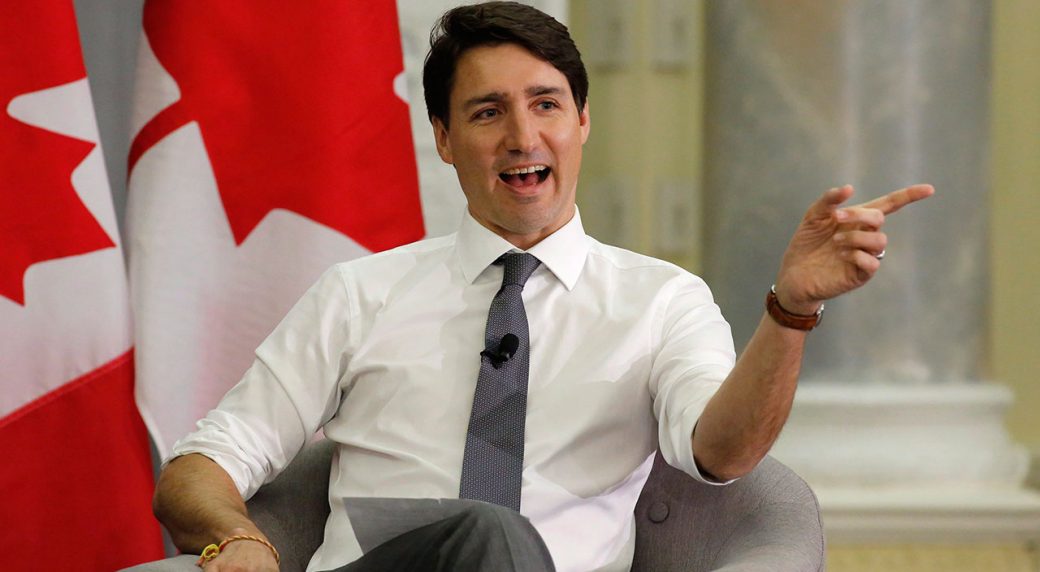As has been reported by the Vancouver Sun and other Canadian news sources, Canadian Prime Minister Justin Trudeau has made a disappointing offer for provincial health care funding to provinces, and in order to get the money, provinces will have to “agree to work with the government on data sharing.”
What is it?
The Canada Health Transfer (CHT): CHT payments are made on an equal per capita basis to provide comparable treatment for all Canadians, regardless of where they live. The CHT grows in line with a three-year moving average of nominal gross domestic product, with total funding guaranteed to increase by at least 3 per cent per year.
The money
The federal government is offering the provinces and territories a health funding deal worth $196.1 billion over 10 years, including $46.2 billion in new money.
But the premiers say the plan appears to offer less money than they were looking for, especially in the first year of the proposed deal.
“One of the things that we did see today is that there wasn’t a lot in the way of new funding that is a part of this package… to say the least I think we were a little disappointed in that,” Manitoba Premier Heather Stefanson said in reaction to the federal government’s proposal Tuesday. Global News
There seems to have been no protest or concern expressed by Canadians, perhaps due to lack of media coverage. As such, it appears that provincial premiers may be preparing to accept the offer, according to numerous Canadian media sources.
Given the current state of health care in Canada, the funding offered by the federal government falls significantly short of what the premiers had demanded.
To get the money, provinces have to keep their health spending at current levels and agree to work with the government on data sharing.
Premiers had come in asking for $28 billion in just the first year, with federal payments rising at five per cent a year after that.
But on Wednesday, Ontario’s health Minister Sylvia Jones, said they would be accepting the deal. National Post
Conservative leader Pierre Poilievre said he understands the premiers’ frustration. He said there should be more funds available, but Trudeau squandered dollars on wasteful spending. Edmonton Journal
Quebec Premier François Legault said the deal was “better than nothing.”
There’s no negotiation involved here. The federal government has simply announced the sum of money it intends to add to the amount it transfers to the provinces every year, together with the actions it expects the provinces to take in return. The provinces may not like it, but they will take the money. If some federal government, current or future, decides to give them less than was announced this week, there is nothing they can do about it. For their part, the feds can’t hold the provinces to whatever it is they may or may not have promised to do in return. Globe and Mail
This is one example of an issue that requires the intervention of the people.
“We regret that the Prime Minister broke the federal bank and wasted so much money that he now cannot come to the table and help relieve the suffering in our emergency rooms,” Legault said.
The conditions
At least one Canadian has expressed concern that Digital ID initiatives will be required for this funding to take place. As stated above, the funding is conditional on provinces agreeing to work with the government on “data sharing.” But what does this mean and has the below user provided any strong evidence?
Justin Trudeau has threatened Provincial Premiers that he will cut off healthcare funding unless they agree to Digital ID. This Digital ID system will allow government to control every aspect of your life. pic.twitter.com/6uvmhjykvm
— Pelham (@Resist_05) February 9, 2023
The governmental Canada.ca web site still indicates that “digital credentials are completely voluntary.” The answer lies in the fine print of the “data sharing” condition. What does the federal government mean to demand with this requirement? Any theories based on evidence are welcome.

